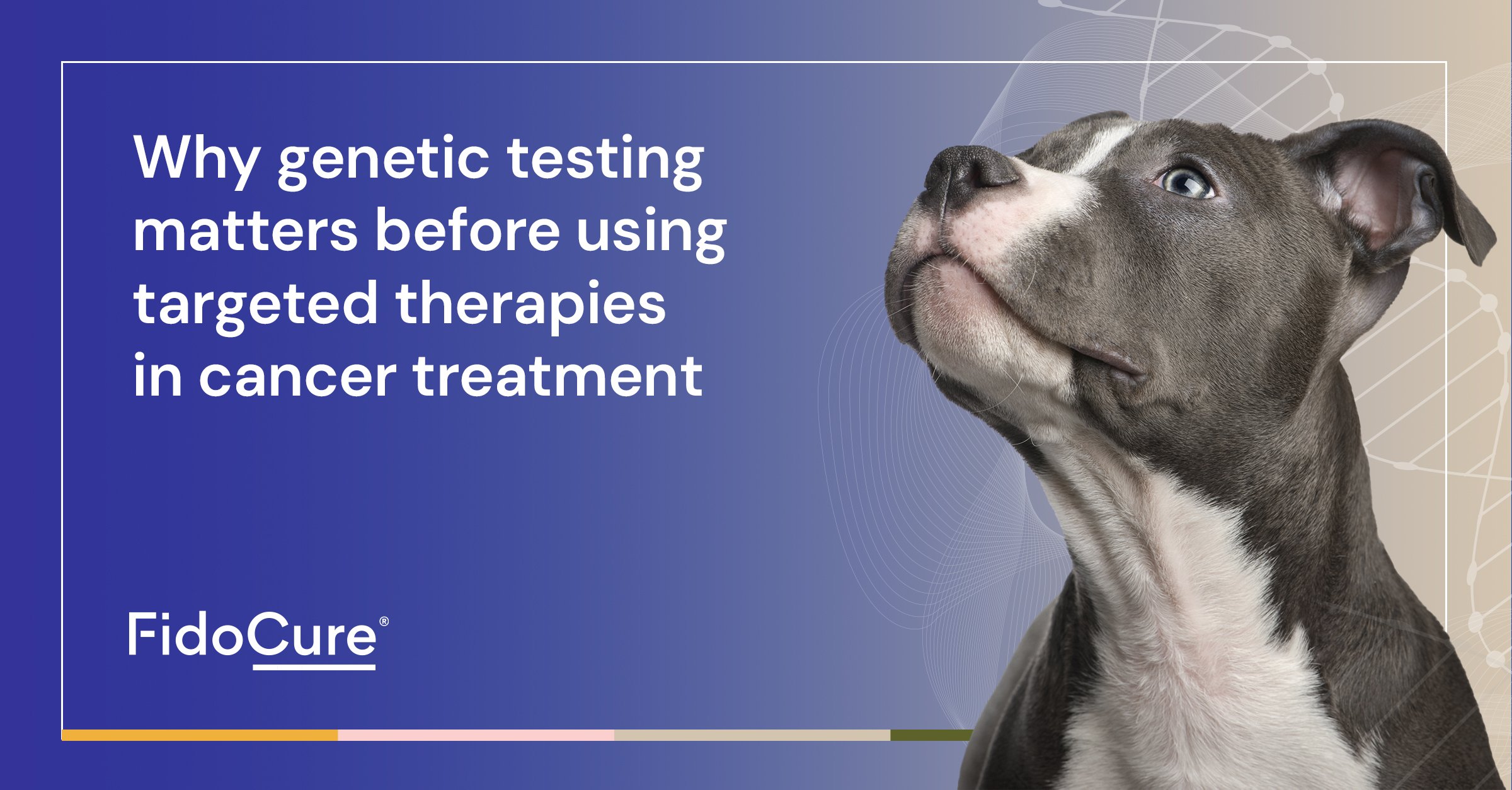Literature Support for Targeted Therapy
In recent academic literature, there have been more and more publications documenting that biochemical pathways in canine cancer cells are often dysregulated, and therefore, targeted therapies are likely of value.
Over 20 peer reviewed publications showcase these points.
Here are a few:
Hemangiosarcoma (HSA)
Molecular subtypes in canine hemangiosarcoma reveal similarities with human angiosarcoma
Histiocytic Sarcoma
Targeting MEK in a Translational Model of Histiocytic Sarcoma
Thyroid Carcinoma
Toceranib phosphate in the treatment of canine thyroid carcinoma: 42 cases (2009-2018)
Transitional Cell Carcinoma (TCC)
Anti-tumour effect of lapatinib in canine transitional cell carcinoma cell lines
Identifying the ErbB/MAPK Signaling Cascade as a Therapeutic Target in Canine Bladder Cancer.
Pulmonary Adenocarcinoma
Identification of Recurrent Activating HER2 Mutations in Primary Canine Pulmonary Adenocarcinoma
Solid Tumors
Preliminary evidence for biologic activity of toceranib phosphate (Palladia®) in solid tumours∗
Lymphoma
Evaluation of the effects of histone deacetylase inhibitors on cells from canine cancer cell lines
Apocrine Gland Anal Sac Adenocarcinoma (AGASACA)
Evaluation of toceranib for treatment of apocrine gland anal sac adenocarcinoma in dogs


